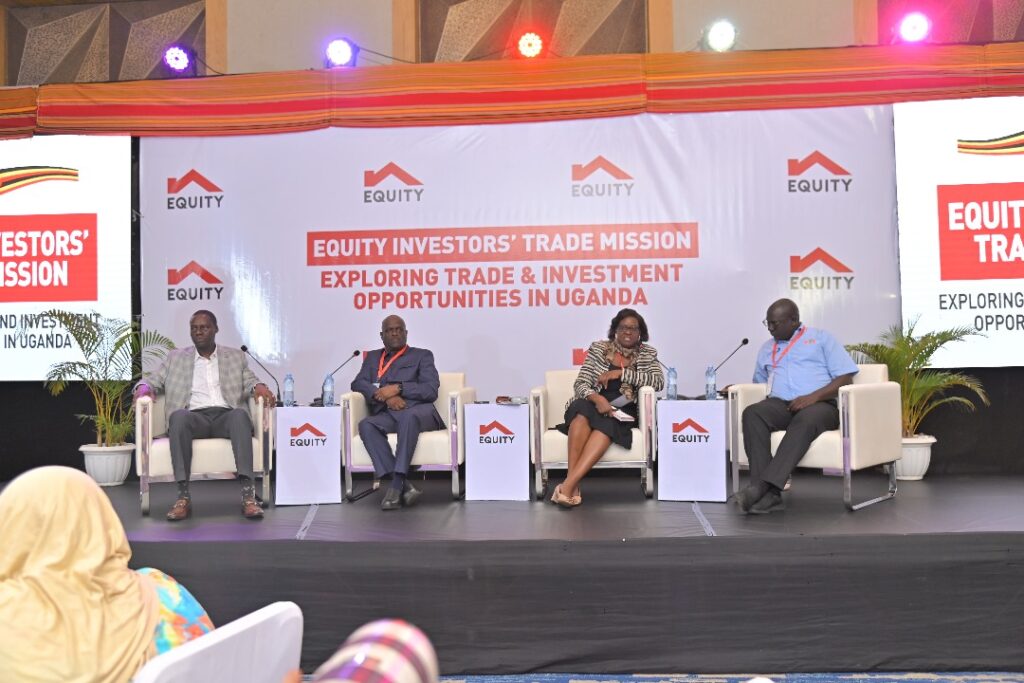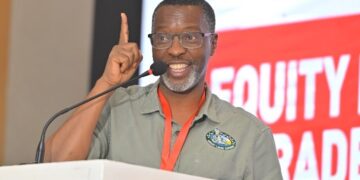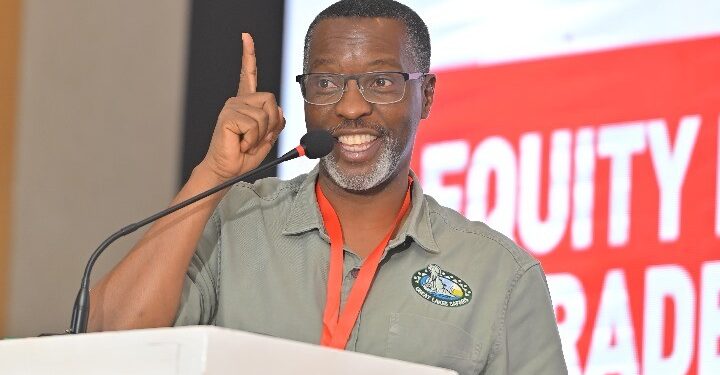Investors, government officials, and private sector leaders gathered on Friday at the Four Points by Sheraton for the Equity Bank Uganda Investors’ Trade Mission, with tourism emerging as a major theme in discussions on economic transformation and investment potential.
Held under the broader agenda of strengthening Uganda’s investment climate, the event featured a high-level panel discussion with key figures from government ministries and multilateral institutions.
Amos Wekesa, CEO of Great Lakes Safaris and one of the country’s most prominent tourism entrepreneurs, made a compelling case for investing in Uganda’s nature-based economy. “Uganda is home to approximately 54% of the world’s mountain gorillas—a unique treasure. But beyond that, we enjoy some of the best weather anywhere on the planet,” Wekesa said, drawing attention to the country’s unmatched biodiversity.

Wekesa noted that while Uganda’s tourism sector has historically been underfunded and underutilised, recent government focus and financial backing mark a turning point. “The Ugandan government has now earmarked significant resources to promote the tourism sector, marking a major step forward. For investors, this is the right moment to tap into tourism ventures,” he added.
He also praised the role of Equity Bank in recognising tourism’s long-term economic value. “As a bank with roots in Kenya, Equity appreciates the important role tourists play in growing regional economies,” Wekesa said, encouraging deeper collaboration between financial institutions and tourism enterprises.

The trade mission’s panel on Government and Multilateral Institutions brought together officials tasked with building Uganda’s investment framework. Speakers emphasised Uganda’s economic resilience and its strategic sectors, with tourism taking a front-row seat.
Hope Waira, Senior Investment Executive at the Uganda Investment Authority (UIA), highlighted developments aimed at improving investor experience.
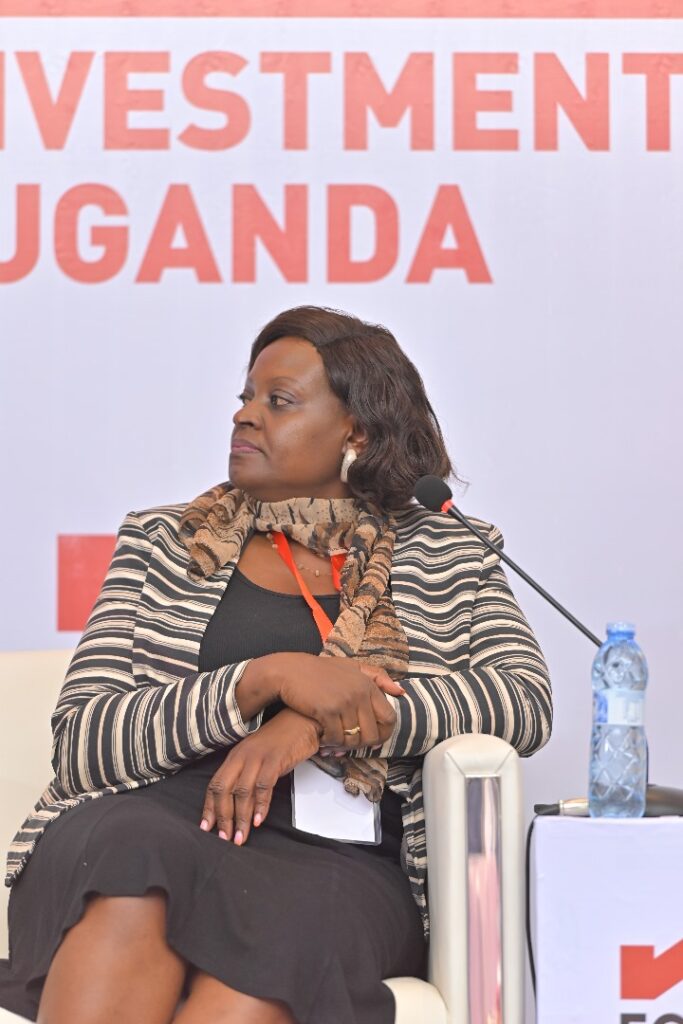
“Uganda Investment Authority was established to attract and promote foreign direct investment. We have developed Team Uganda, a coordinated framework beyond the One-Stop Centre. This involves collaboration with various ministries and agencies to provide hands-on support to investors,” she said.
“On the agricultural front, we are setting up an entire coffee processing plant in Ntungamo,” she added, showcasing how value addition is extending into regional Uganda, a move that also complements agro-tourism.
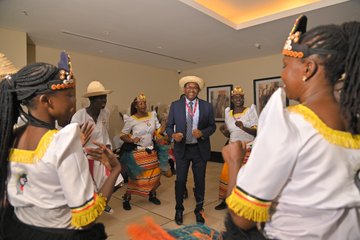
Hon. Charles Olweny, Deputy Executive Director at the National Planning Authority (NPA), gave a broader economic overview, painting a picture of steady growth. “Our GDP is growing at a rate of 6.1%, with projections aiming for an average of 7.0% annually,” he said.
“Once we strengthen the four priority sectors: industrialisation, agriculture, tourism, and science & technology, our attention should shift to creating a strong enabling environment.”
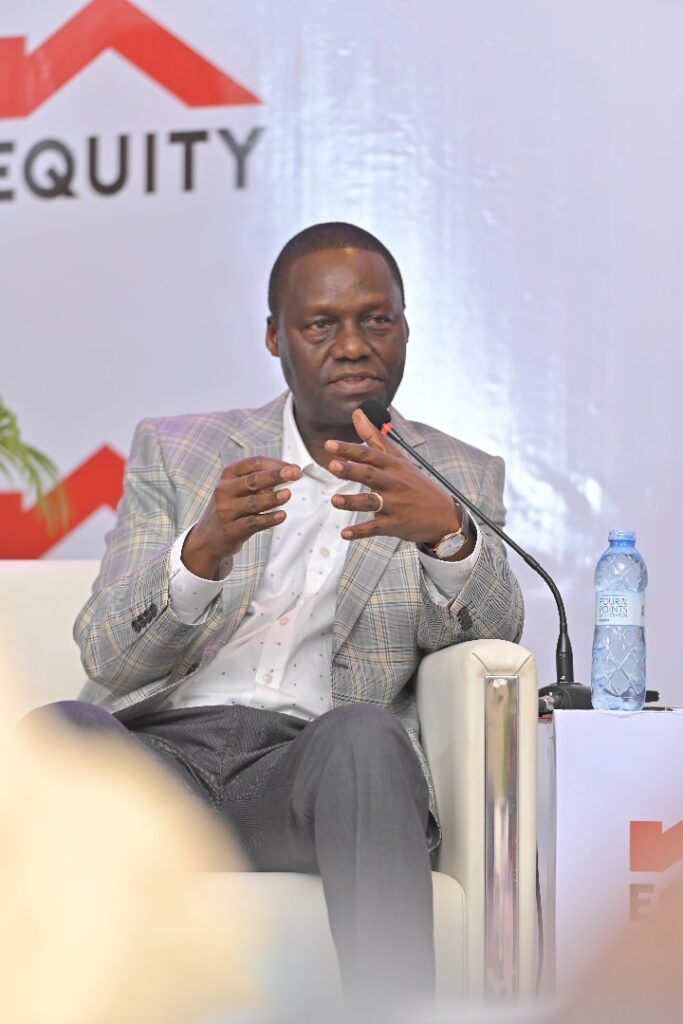
He credited events like the trade mission for mobilising private capital: “We are grateful to Equity Bank for organising this initiative—it supports our goal of boosting private sector investment.”
Mr. Cleopas Ndorere, Commissioner for External Trade at the Ministry of Trade, emphasised Uganda’s strategic trade advantage. “Doing business in Uganda means accessing a market of over 1.4 billion people across Africa due to reduced non-tariff barriers,” he noted.
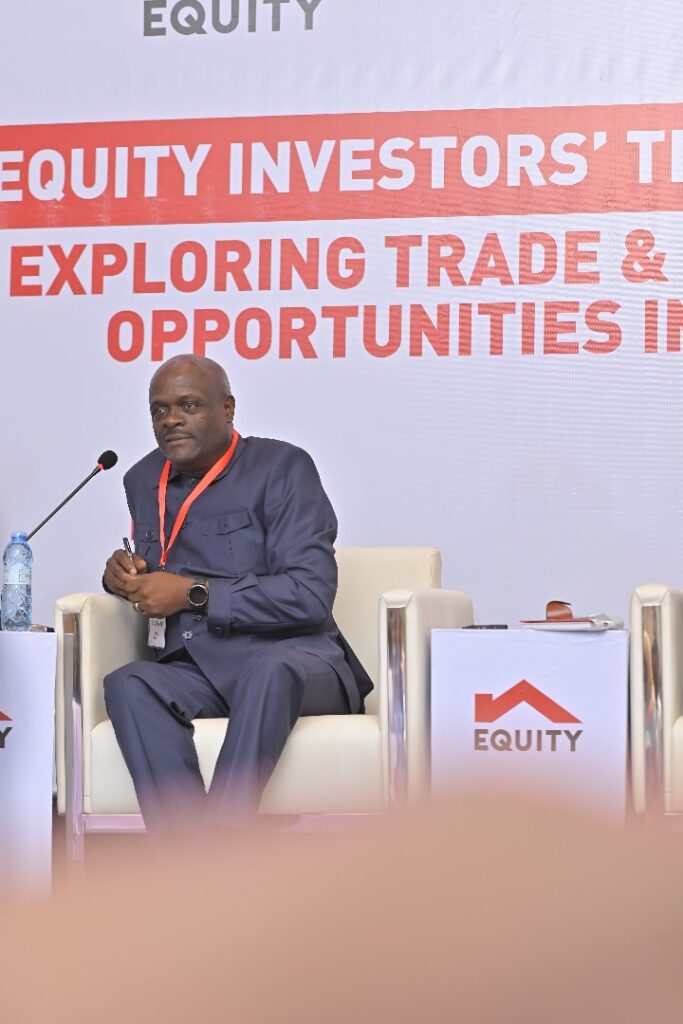
“Just two days ago, Uganda exported roasted and pounded coffee to Serbia—this reflects our progress in value addition and international trade,” Ndorere added, pointing to a potential synergy between trade, agriculture, and tourism sectors.
Ronnie Mulongo of the Private Sector Foundation Uganda (PSFU) stressed the value of cross-border market access and major events like AFCON 2027, which Uganda will co-host.
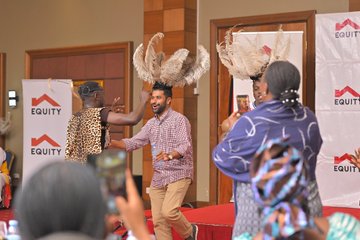
“With Uganda co-hosting AFCON 2027, the private sector must position itself to tap into the economic opportunities this event presents,” he said, urging tourism operators to leverage the spotlight on the country.
The final evening was a celebration of culture and partnerships created , speeches of gratitude and electrifying traditional dances from every corner of Uganda.

As the mission concluded, it was clear that while Uganda continues to build momentum in agriculture and manufacturing, tourism is gaining new recognition as a high-potential sector, ripe for investors seeking sustainable ventures with global appeal.
